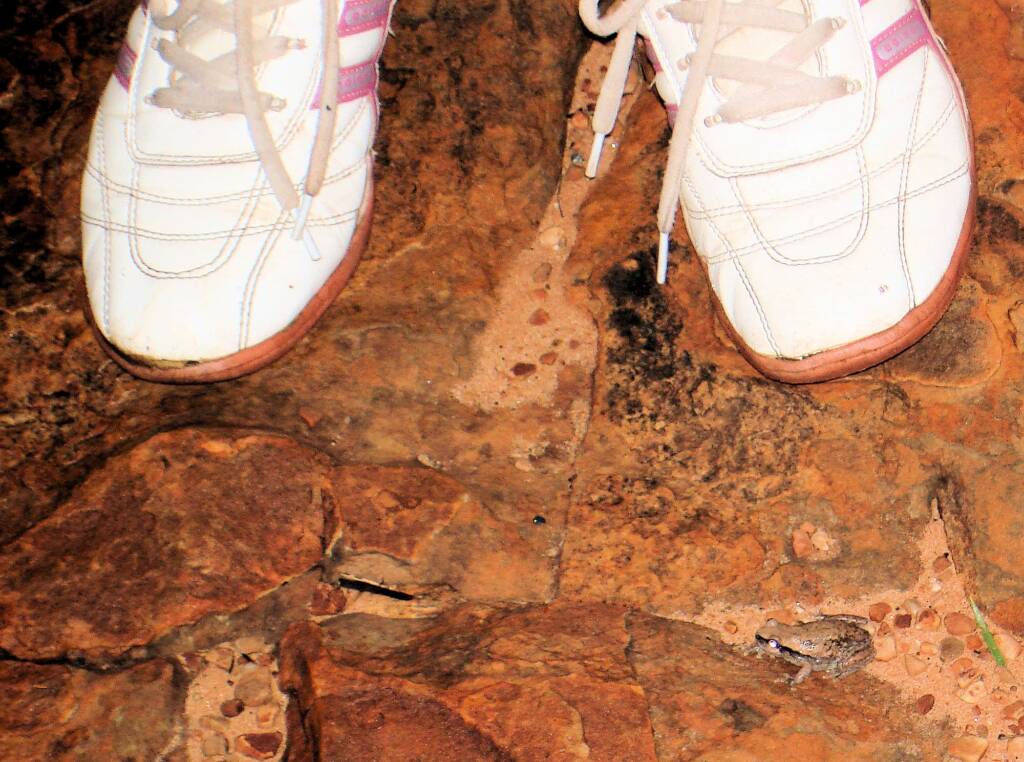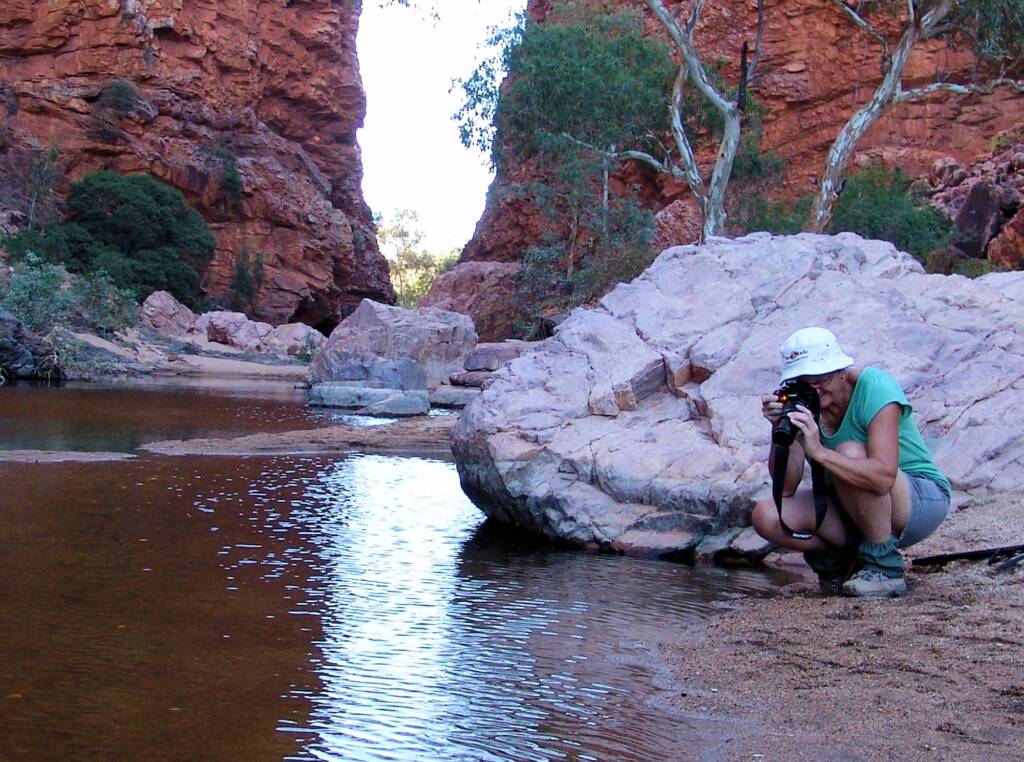All state and territories in Australia have minimal impact guidelines that relate to a variety of human activities from camping, 4WD, bush walking, caving etc. Some guidelines may differ in their wording, but all ask that you minimise your effect on our environment. Tread lightly, take away all rubbish, and leave the pristine environment as you found it. Oh, and if you do find litter, take it away with you.
Whilst it may be common sense, it is always great to see it in writing. Following are some of the main tips when camping to minimise your impact on the natural habitat in our national parks, reserves and wildlife.
Minimal Impact Walking
- Keep to the designated tracks.
- Use portable stove instead of lighting a fire (observe any fire bans).
- Always check fire danger forecasts. NO FIRES includes camping and bbq stoves, on days of Total Fire Ban.
- In the bush where toilets are not provided bury toilet waste at least 100 m from water, walking tracks and campsites.
- Please take all rubbish with you.
- All fauna, flora, Aboriginal sites, historic features and rock formations are protected.
- Do not pick plants or wildflowers. Leave them for others to enjoy. Picking plants in national parks and reserves is prohibited. You can always take plenty of photos to remember them by.
- Mountain bikes are not permitted except where indicated.
- Leave pets and firearms at home – they are not permitted in national parks.

Tread Lightly! Australia
Whilst the company no longer exists, the philosophy still holds true…
Philosophy is to promote the concept of individuals, organisations and corporations taking responsibility for their own actions and demonstrating responsibility within whatever outdoor activity they choose. Respect the Environment with your Recreation.
Travel and recreate with minimum impact.
Respect the environment and rights of others.
Educate yourself, plan and prepare before you go.
Allow for the future use of the outdoors, leave it better than you found it.
Discover the rewards of responsible recreation. Education is the key to preserving the great outdoors.

